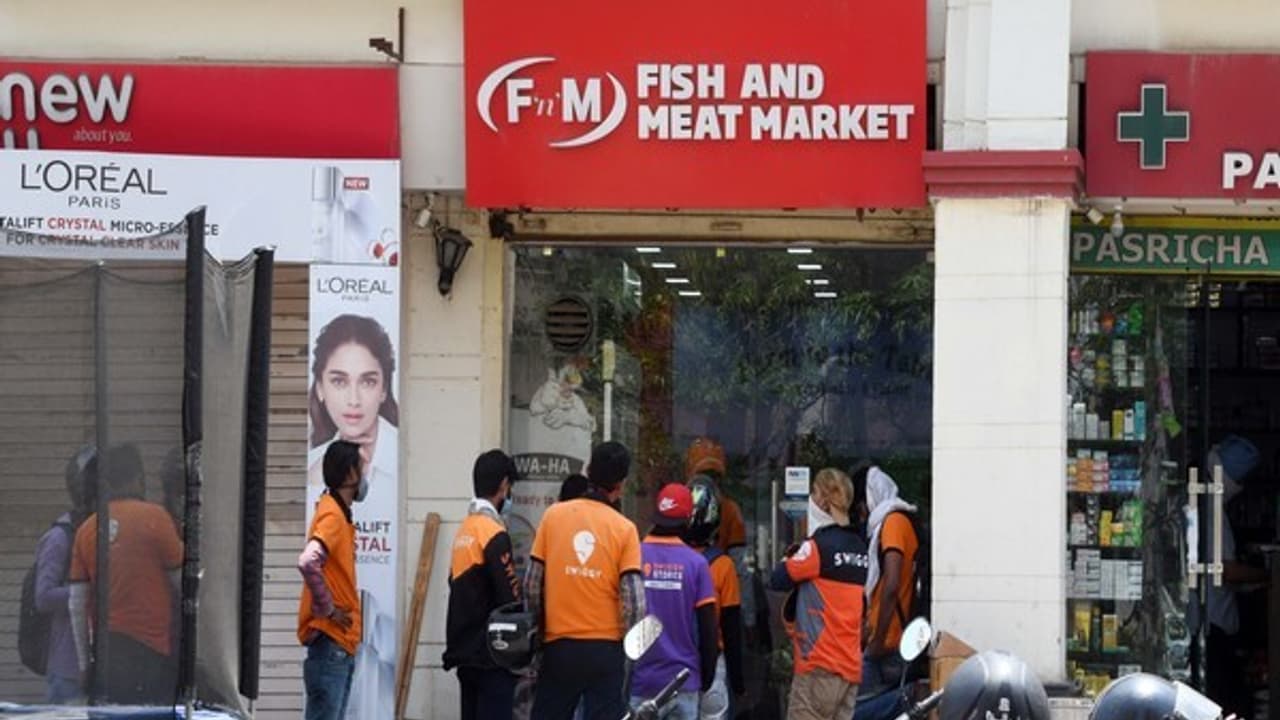New GST rules in India’s food service sector bring mixed impacts. Food delivery platforms face 18% GST on delivery charges, previously exempt, potentially increasing costs.
The recent changes in Goods and Services Tax (GST) rules for the food services sector are expected to have a mixed impact, with food delivery platforms facing higher costs while Quick Service Restaurants (QSRs) stand to benefit from tax reductions, according to a report by Bernstein.
The report highlighted that a specific new GST has been implemented on local delivery services via Electronic Commerce Operators (ECO).
This applies especially in cases where the person supplying such services, typically gig economy workers, is not liable for GST registration. Delivery charges, which account for 10-20 per cent of revenue for food delivery platforms, were previously exempt from GST but will now fall under the 18 per cent tax bracket.
The report added “Food Delivery platforms, which were so far exempt from GST but will now come under the 18 per cent bracket. This impact may be absorbed completely or could be shared partially with restaurant partners”.
Other charges such as platform fees, handling charges, and surge fees already attract GST at 18 per cent, and hence will not see any change under the new structure.
On the other hand, QSR chains are expected to gain directly from GST rationalisation on inputs such as cheese, packaging materials, condiments (including sauces), butter, ghee, and margarine.
Since QSRs do not get input tax credit, all GST levied on their inputs is treated as a direct expense. Therefore, any reduction in GST rates on these items translates into immediate improvements in gross margins.
The Bernstein report stated that with the GST reduction, gross margins for organized players could improve by around 70-80 basis points.
For other organized players, the margin improvement is likely to be in the range of 20-40 basis points, given the relatively lower share of these inputs in their cost of goods sold.
The report concluded that while food delivery aggregators may face pressure from the new GST on delivery fees, QSR companies are set to see a positive boost to profitability, some of which may eventually be passed on to consumers to drive higher sales volumes.
(Except for the headline, this story has not been edited by Asianet Newsable English staff and is published from a syndicated feed.)
